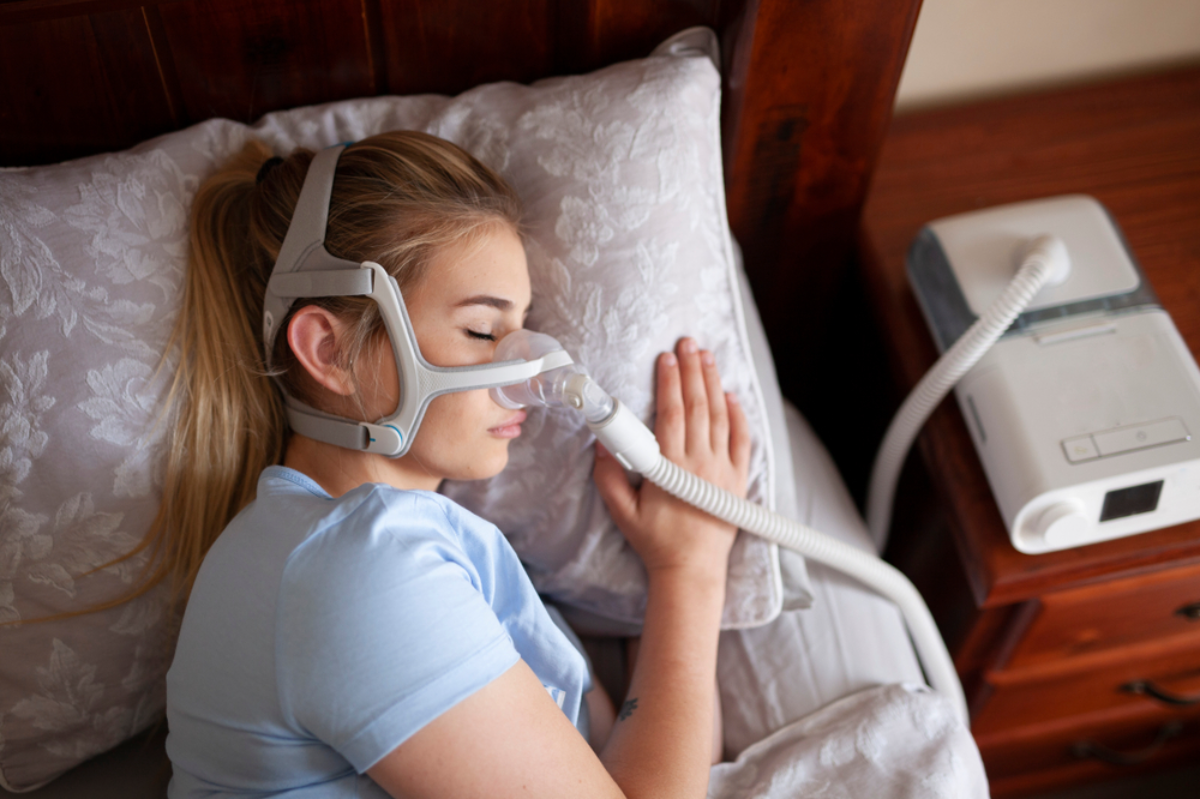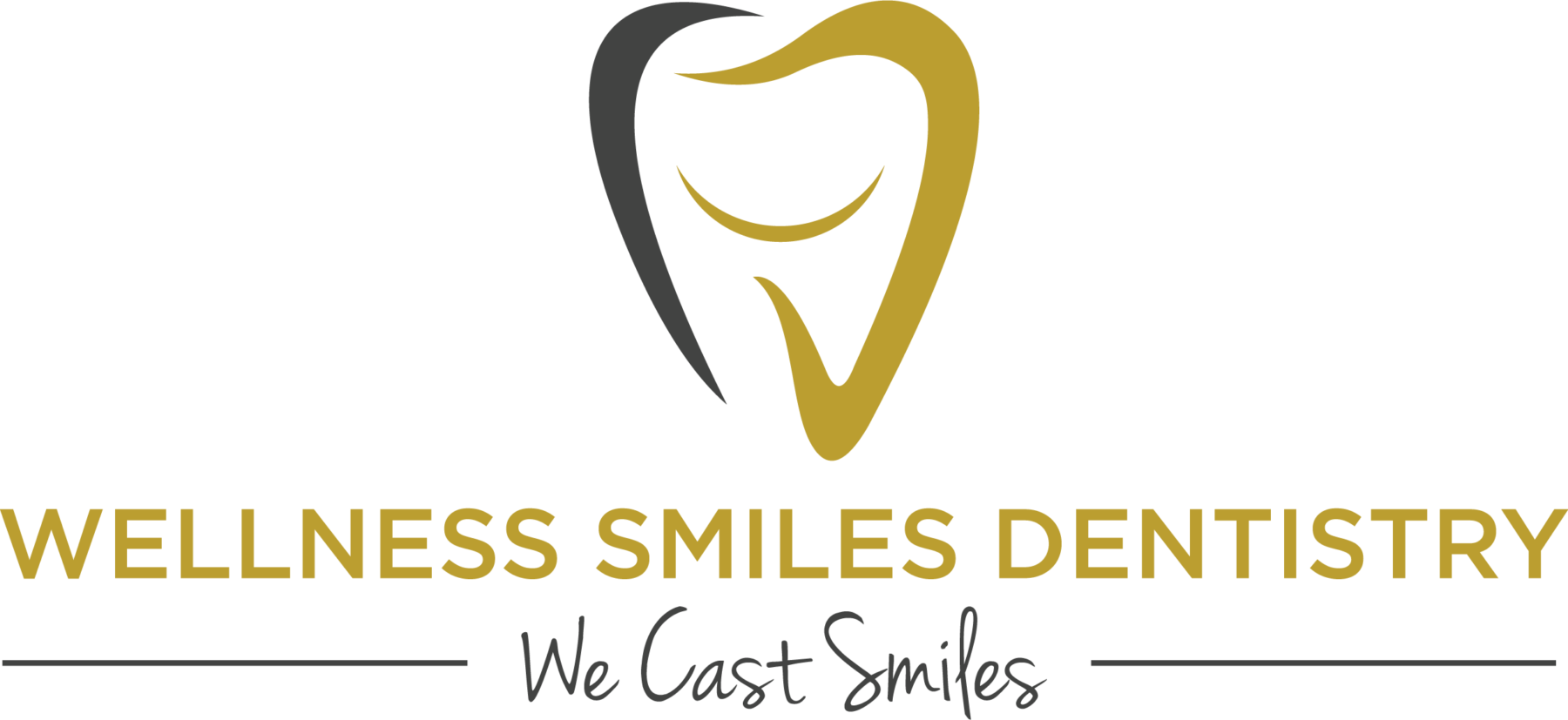Sleep apnea is one of the common, often unnoticed conditions that might have a tremendous impact on your health and quality of life. The sleep disorder interrupts breathing at night, which may affect your sleep quality and even lead to certain health problems. Understanding the symptoms of sleep apnea is the first step toward finding the right sleep apnea treatment near you. Here are the top five signs to watch out for:
1. Loud and Persistent Snoring
While not everyone who snores has sleep apnea, loud and chronic snoring is one of the most common indicators. This type of snoring is often caused by a partial blockage of the airway, which creates vibrations as air passes through. If your partner frequently complains about your snoring or if it’s loud enough to be heard from another room, it might be time to visit the dentist near you. Snoring with sleep apnea is often associated with pauses in breathing or choking sounds.
2. Excessive Daytime Sleepiness
Do you tend to feel tired or drowsy during the day, even though you get a full night’s sleep? Excessive daytime sleepiness is a characteristic of sleep apnea. The repeated interruptions in breathing prevent your body from attaining restorative sleep, making you tired and sluggish. It can also make it hard to concentrate at work or school and, in severe cases, it may cause serious problems such as falling asleep at the wheel of a car.
3. Choking or Gasping During Sleep
Waking up with a choking feeling, gasping for air, or being told that you stop breathing at times during sleep is a red flag for obstructive sleep apnea. These are episodes where your airway is blocked, and thus, oxygen to the body is reduced. With time, such events lead to a poor oxygenation level in the blood and stress on the heart. Often, people do not even know these episodes occur and may only find out about them from a sleep partner or through a sleep study.
4. Morning Headaches
Another popular symptom is morning headaches. They are caused by oxygen deprivation and disrupted sleep patterns brought about as a result of Sleep apnea. If you stop breathing the oxygen level in your blood drops dropping causing increased pressure in the brain and headaches. These headaches are generally dull and around the forehead or temples. If you get a dull headache and wake up with throbbing pain or throbbing it’s worth talking to an experienced healthcare provider.
5. Difficulty Concentrating or Memory Issues
Poor sleep quality can impair cognitive functions, leading to trouble focusing forgetfulness and even mood swings. Lack of restful sleep affects the brain’s ability to process and store information making it harder to stay productive or retain memories. Not getting enough sleep for a long time can make these problems worse and damage your work and personal life. If you find it hard to think clearly or get things done in sleep, sleep apnea could be the reason. Kindly look for sleep apnea treatment in Indian Land so that you can receive care before it worsens.
How to get rid of sleep apnea and sleep disorders?
If you recognize any of these signs in the course of your research it is essential to seek professional help. Sleep Apnea can increase the risk of serious health issues such as heart disease, stroke and diabetes if untreated.
Dental professionals can play a vital role in diagnosing and treating sleep apnea. At Wellness Smiles Dentistry we offer custom-fit oral appliances designed to maintain your airway open while you sleep offering a comfortable and effective solution.
If you are looking for sleep apnea treatment and searching for a dentist in Indian Land to address your sleep concerns then our expert team is here to help. Contact Wellness Smiles Dentistry today to schedule a consultation and take the first step towards sleeping better and improved health.

